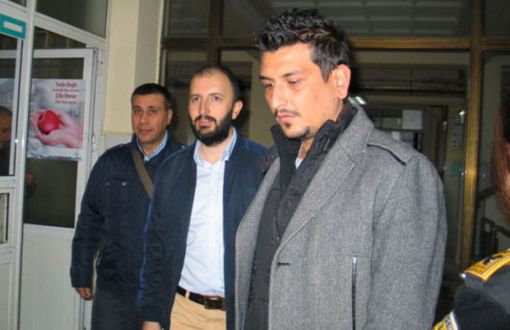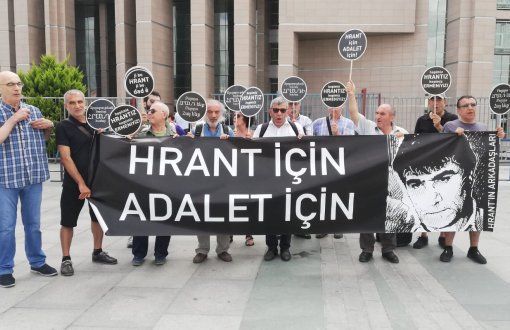Nokta Journal Chief Editor, Cevheri Güven, and Managing Editor, Murat Çapan have been arrested.
Güven and Çapan were detained yesterday in the police raid on the journal building with the allegation of "being taken to testimony" as 24th issue of the journal was pulled off the shelf.
Journalist were sent to the court for arrest based on Turkish Penal Code (TCK) law no. 214 of the title "incitement".
Lawyer of the journalists, Kadir Kökten speaking to bianet has drawn attention to that while they were sent to court for arrest over "incitement", their arrest has been performed over TCK law no. 313, which is "inciting public to arm against Government of Turkish Republic".
Kökten expressed that the journalists were asked questions regarding 24th issue having President Recep Tayyip Erdoğan's photo and an article titled "November 2 Monday, Beginning of Civil War in Turkey", and that the journalists said it was a journalism activity reminding them of legal precedents of the European Court of Human Rights (ECHR).
Besides access to journal's website, noktadergisi.net, has been blocked. (EA/TK)
Click here to read the article in Turkish







_kopya.jpg)




.jpg)
.jpg)